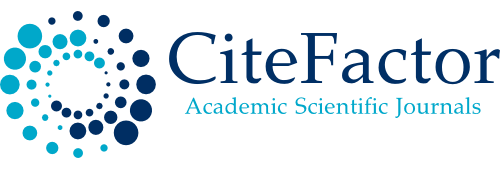Potential Secondary Metabolites of Trichoderma SPP. in Inhibiting the Development of Colletotrichum SPP. In Vitro
Abstract
Chili is one of the cultivated plants, one of the main problems that often occurs due to anthracnose attacks caused by the fungus Colletotrichum spp. One biological control that can be used is Trichoderma spp., Trichoderma spp. can produce secondary metabolites containing antibiotic compounds, enzymes, toxins and hormones. The aim of this research was to determine the potential of secondary metabolites of Trichoderma spp. which comes from the rhizosphere of bamboo, chili and elephant grass plants which have the potential to inhibit the development of the fungus Colletotrichum spp. anthracnose disease in vitro. The research method used a completely randomized design with a single factor. Consisting of three (3) treatments and one (1) control, repeated five (5) times, totaling twenty (20) experiments. This research was carried out at the Phytopathology Laboratory, Faculty of Agriculture, Lambung Mangkurat University, Banjarbaru. The research results show different inhibitory forces. Secondary metabolites from the roots of chili plants showed a higher inhibitory power, namely 45.65% compared to 16.82% from the roots of bamboo plants and 16.71% from the roots of elephant grass plants. However, secondary metabolites from the roots of bamboo plants and elephant grass plants have the same abilities. A 20% concentration can inhibit the growth of Colletotrichum spp. on day 3, while further observation of the ability of secondary metabolites of Trichoderma spp. suppress the development of Colletotrichum spp. decreasing.






